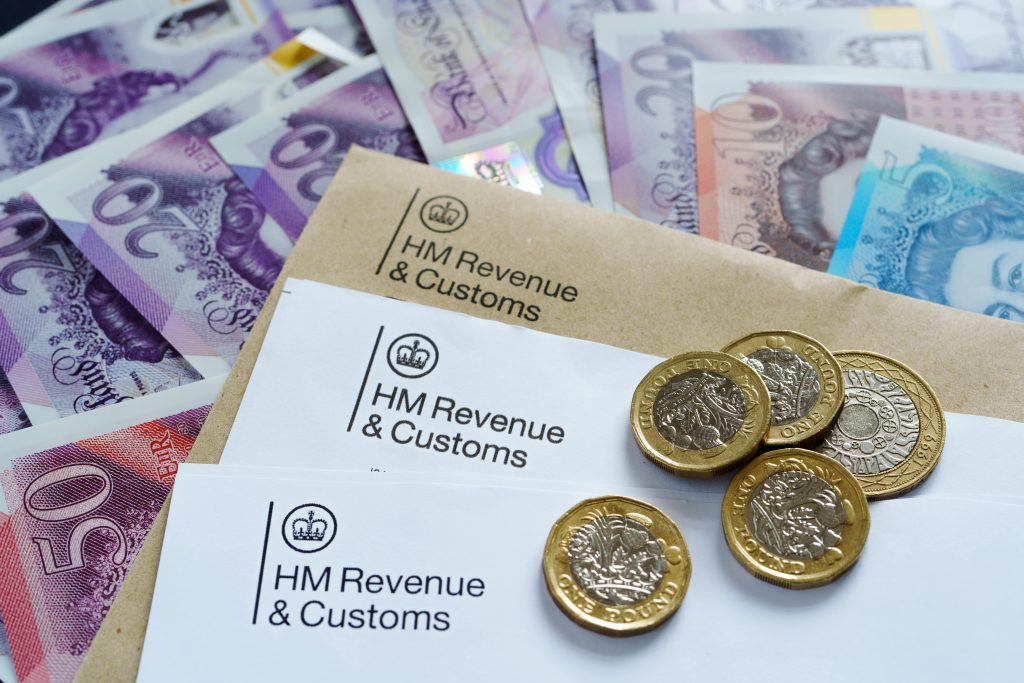The unicorn is a mythical beast of extreme beauty and rarity but recent events are indicating that many members of the startup herd may not be genuine. The latest event is Fidelitys write down of its position in Snapchat by 25 per cent from a $16bn to $12bn valuation. This comes hot on the heels of: Squares IPO pricing range coming in 35 per cent below the price paid by the last round, the failure of Deezers IPO and question marks around Dropboxs $10bn valuation following a 24 per cent write down by BlackRock.
The problems are not just in the US as Edison research indicates there are some concerns regarding the sustainability of Xiaomis $45bn valuation. The Indian startup market is also very hot at the moment and it too will likely suffer from the same problem once reality begins to set in.
The financial definition of a unicorn is a startup with a valuation of over $1bn, but these are so common these days that a new term, decacorn, has been invented to describe startups with a valuation of more than $10bn. The trouble appears to be starting at the decacorn end of the valuation range but if it continues, the smaller end will also take a substantial hit.
Almost all of these companies rely on the economy of the network to derive value and make profit. Metcalfs law of networking states that the value of a network is the square of the number devices that are attached to it which is why these companies have been so focused on acquiring users at all costs.
Making money is what this is all about and hence so-called unicorns that can’t make money are in fact donkeys with little value. The essential problem here is that barriers to entry are very low, meaning that competition will be brutal unless one player is significantly larger than all of its rivals. A company in this hallowed position then becomes to the go-to place for the service in question and it is then that real monetisation can begin.
A company that relies on the network must have at least 60 per cent market share or be at least double the size of its nearest rivals to begin really making profit. Facebook, Uber, Airbnb, LinkedIn, Amazon and Spotify are all good examples of companies that meet or are close to this criteria and it is these that I would consider to be the true unicorns.
Those that fail to meet these criteria may be able to build a large user base but I would question the ability to really make profit because competition will grind down margin. Without profit, there is no way that a would-be unicorn will be able to sustainably justify its valuation in the public markets and this is likely the source of write downs and worries we are seeing.
Scrutiny is now almost certain to increase, which is likely to reveal that there are a number of donkeys in unicorns clothing in the market. It is the true and rare unicorns which will be least impacted when the day of reckoning comes.
Richard Windsor is an analyst at Edison Investment Research.






















































































































































